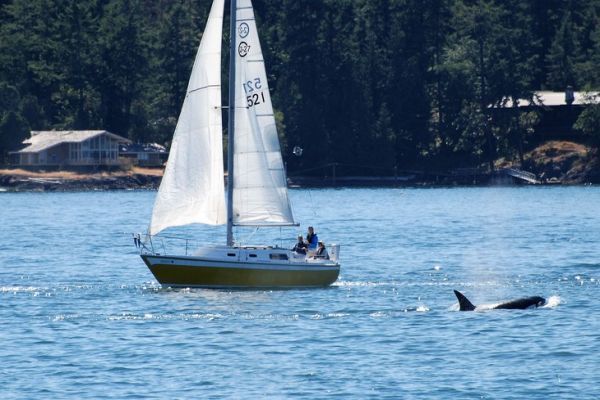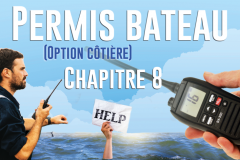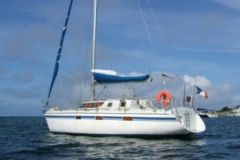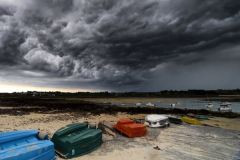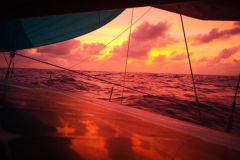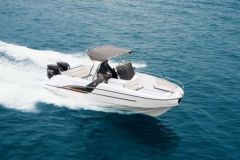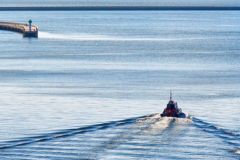Recommendations for safe interactions with killer whales
Boaters in Atlantic waters, particularly around the Gulf of Cadiz and the Strait of Gibraltar, must now follow new guidelines in the event of an encounter with killer whales. The Ministry for Ecological Transition and Demographic Challenge (MITECO) and the Ministry of Transport and Sustainable Mobility (MITMA) have formulated these recommendations to minimize risks to crews and cetaceans. The meeting was attended by orca experts from various countries, as well as government managers from Spain, Portugal and Morocco.
The recommendations are applicable all year round, but should be particularly followed between April and August in the delimited area of the Gulf of Cadiz and the Strait of Gibraltar, as this is a period when killer whales are most likely to be present.
Minimizing risks during interactions
Experts stress that interactions with orcas are not aggressive. Rather, they are play or socialization behaviors. As such, the term "attack" is deemed inappropriate. To ensure safe navigation, it is advisable not to stop the boat, whether motorized or under sail, and to steer the boat towards the coast and shallower waters. These differ from recommendations issued by the Préfecture Maritime de l'Atlantique, which instead advises slowing down, stopping the engine and lowering the sails .
Avoid areas with a high probability of killer whale presence
Between April and August, sailors should avoid the delimited area of the Gulf of Cadiz and the Strait of Gibraltar, when and where killer whales are most likely to be found. By staying close to the coast, boaters can reduce the risk of unexpected encounters.
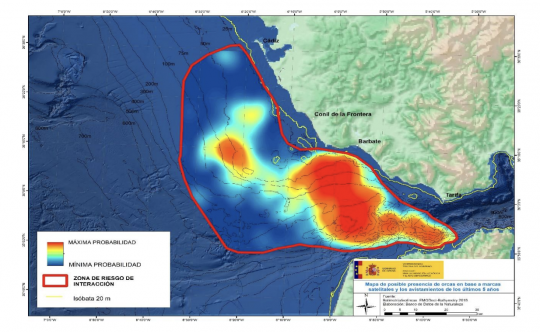
Safety on board and appropriate behavior
It is essential to take extra precautions on board. Crew members should stay clear of the edge, and position themselves in areas offering maximum protection against sudden movements, which could result in injury or falls overboard.
Any attempt to frighten or harm cetaceans should be avoided, and any interaction should be reported immediately to the nearest Rescue Coordination Center (RCC) via the appropriate VHF channels. A form is available on the MITMA website.
Documentation and notification of comments
Boaters are encouraged to document encounters with orcas by taking photographs, if it is safe to do so, and to send these images to the CCS to help identify and track these animals. Sightings should be reported promptly, using the form available on the CCS website.
Between April and August, the Cadiz and Tarifa RCCs will be broadcasting nautical radio advisories concerning navigation recommendations, actions to be taken in the event of interaction with killer whales, and information to be provided on such episodes.
Protecting vulnerable killer whales
The orca population in the Strait of Gibraltar and Gulf of Cadiz is classified as vulnerable and benefits from strict protection measures. Spanish law prohibits anyone from coming within 60 meters of the cetaceans, feeding them or disturbing them. Boaters must respect these rules to contribute to the conservation of these endangered species.

 /
/ 